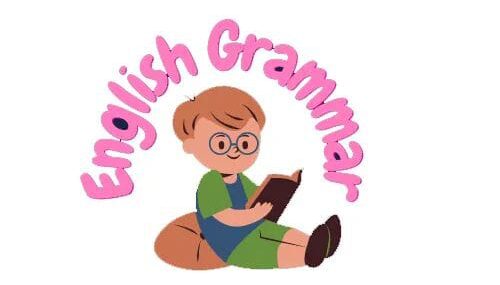Simple present used as simple future
How to Use the Present Simple to Talk about Future Events
Simple present used as simple future
- Simple present used as fixed programme and fixed plan. It indicates future time. For examples:
- The Delhi university graduation forms start in May.
- She goes abroad next week.
- My father returns from Dubai tomorrow.
- Mr Kevin resigns next month.
- The prime minister attends the meeting tomorrow.
Note: future time expressing adverbs:
Next + time (week, month, year, night, day), tomorrow, in April, on Sunday, on Tuesday (next Tuesday or upcoming days).
- We use present simple tense in expressing future events that are the type of some official arrangements such as a timetable (schedules) or program:
- Eva arrives at 6 p.m.
- His secretary meets you tomorrow.
- We get off the bus in Muzaffarnagar and continue by taxi to go to our conference.
- Our next meeting is on May 5th.
Note: personal plans or any prediction is not used with the simple present tense. It suggests that plans or arrangements are fixed and definite.
- We use will, going to or the present continuous for personal plans or predictions. ( see unit present continuous and future indefinite)
- I think she will leave the job soon.
- I am really worried; I’m going to see my mother on Saturday.
- It is drastically spreading fear in Rome due to the blast of the oldest church in the world; I believe it will affect the rest of Italy soon. (not … I think it affects the rest).
However, we use the present simple tense if we have specific predictions:
- There is a Dhoom Ketu star rises at 9 P.M. tomorrow.
- The sun sets at 6: 45 tomorrow.
- conditional sentences generally start with two clauses. One of them is a principal clause and another one is a sub-ordinate clause.
Sub-ordinate clause(Simple present used as simple future):
“if, when, before, after, till, until, unless, as soon as, as long as and in case” are the conjunctions; simple present indefinite tense is used with them. And simple future tense is used with the principal clause.
If you come here, I will lend you money.
Sub-ordinate clause principal clause
Simple present tense simple future tense
Sub + M.V1/M.V5+ Obj sub + shall/will + M.V.1 + obj
There are following conjunctions are used with present indefinite tense are given below:
Time conjunctions of adverbial clauses(Simple present used as simple future):
after, before, when, and until.
Let’s have look following examples of simple present used as simple future:
- After you reach the station, you’ll see my cab on the opposite side of the station.
- Wait here until she completes her work.
- When you go to her, she will help you.
- He will have reached there before you go.
- Conditional clauses with if, unless, in case, provided (as long as, so long as also means on condition that or provided that). It is used to set limits in a given situation.
- He will get success in his interview tomorrow, provided that he speaks English with confidence.
- I’ll bring you another ball pen in case you don’t like this one.
- If you say nothing, I won’t let you go outside.
- Don’t need to give his car back unless he returns your money.
- You will score good marks as long as you study smartly.
- As long as I go across this country I will find your brother’s killer.
- Present simple is used in that and wh- clauses when both main clause and that/wh-clause refer to the future. We don’t use will/shall in that/wh-clause in this type of sentence:
| Main clause | That/wh-clause |
| I’m damn sure. | that you are selected for this post. |
| I will tell you | Where she comes there. (not she will come there. |
| I’ll ask her | When she gets (goes) here. (not she will get here. |
